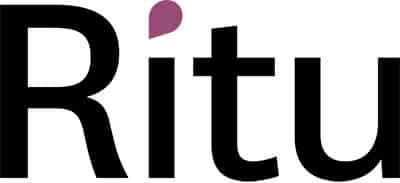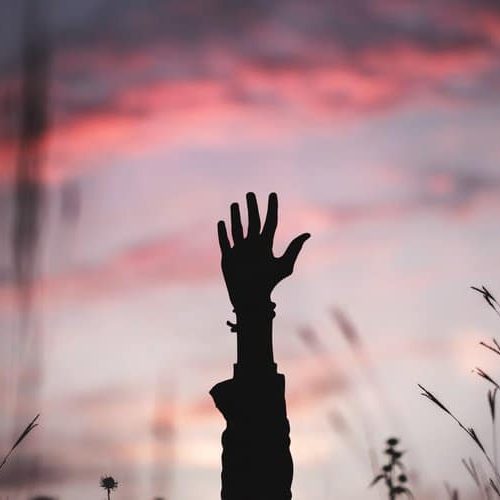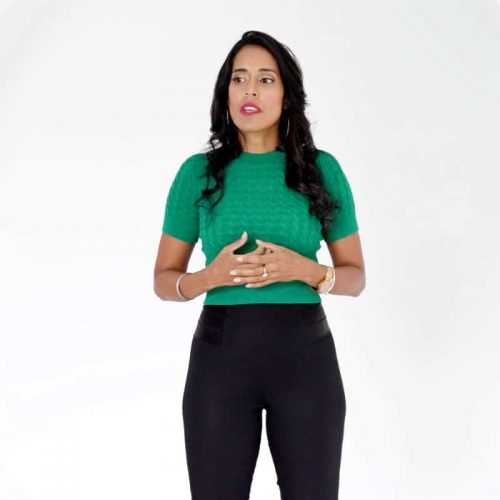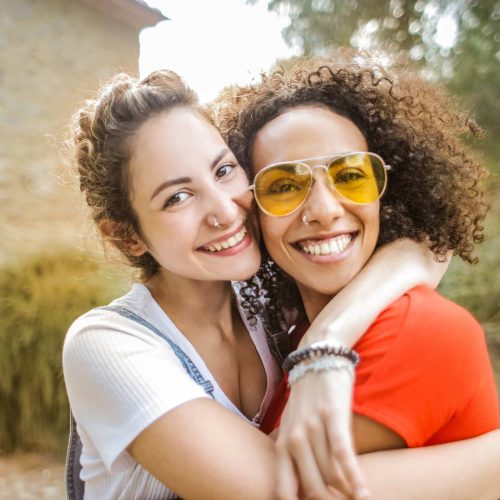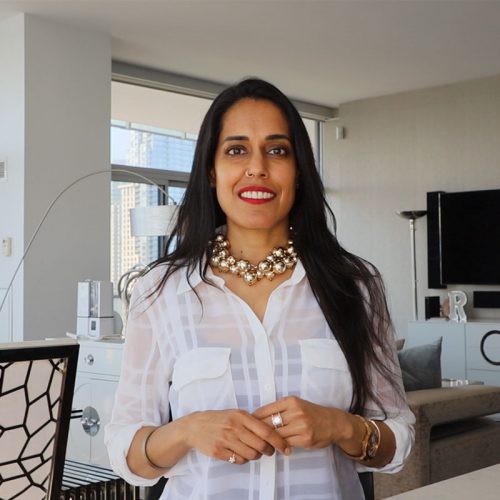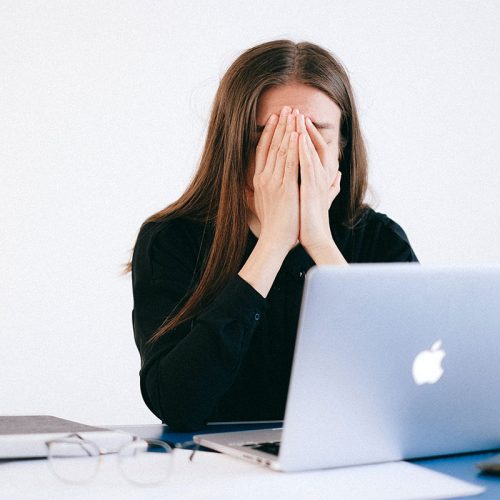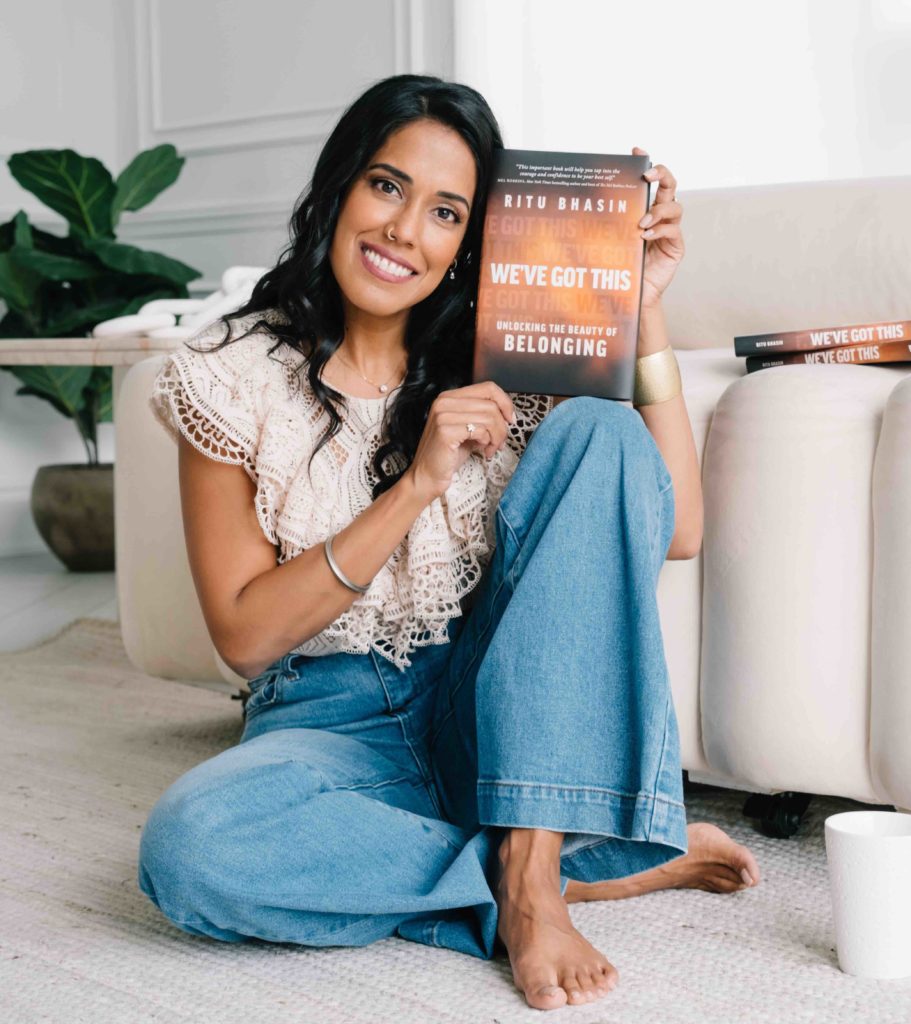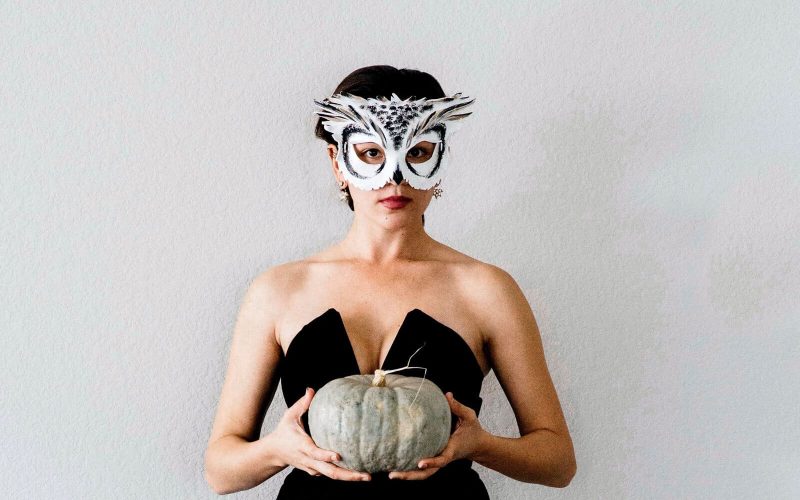
Halloween is coming up soon, and ever the social justice warrior, I wanted to draw attention to something I find particularly upsetting at this time of year — how people continue to wear racist Halloween costumes and get away with it.
While it may seem that racially insensitive Halloween costumes aren’t that big a deal in comparison to, say, police brutality, it’s critical that we call out the full range of racial micro-aggressions and other manifestations of white supremacy. And this is why I wanted to address racist Halloween costumes, as it comes up every year without fail.
Whether it’s parents dressing their children in costumes based on outdated (i.e. racist) Disney characters or adults wearing costumes based on cultural stereotypes — like belly dancers or ninjas — it is a form of cultural appropriation and racism to dress up in other people’s cultural dress.
Cultural Appropriation on Halloween
Cultural appropriation occurs when an individual or group of individuals — typically from a dominant cultural group (for example, white people or heterosexual people) — adopt the customs, practices, ideas, or other elements of culture from another — typically disadvantaged or oppressed — group (for example, Indigenous peoples or members of the LGBTQ communities) in an insensitive, inappropriate, or unacknowledged manner.
To quote journalist Chelsea Candelerio, cultural appropriation occurs when “a person or group takes a group or a culture’s ideas, customs, or styles without acknowledgment or proper credit, sometimes even exploiting it for profit.” (Read her detailed article about cultural appropriation here.)
Cultural appropriation isn’t just limited to Halloween costumes — it shows up in myriad other ways, from “borrowing” or copying slang, fashion, and beauty ideas from historically oppressed groups, often without ever acknowledging the original influence, to what is happening in the wellness industry with yoga in particular.
So while a rapper or Pocahontas costume might feel fun, they’re actually highly problematic, and it’s important that white people in particular develop an equity lens in understanding why this is the case, rather than falling prey to white fragility.
So what can you do to ensure that you aren’t trivializing someone else’s culture or playing on the stereotypes of marginalized communities with your Halloween costume? First, ask yourself these questions:
- Does this costume include culturally significant clothing, head coverings, jewellery, symbols or artifacts, tattoos and body markings, etc. from a culture that isn’t my own?
- Does this costume involve painting your face black or brown (i.e. depictions of blackface)?
- Could this costume be seen as insensitive or mocking towards marginalized groups? This includes people of color, Indigenous peoples, religious minorities, members of LGBTQ+ communities, people with disabilities, and more.
- Is this costume based on cultural stereotypes?
And finally, if you’re already preparing an argument about how your costume is about cultural appreciation and not cultural appropriation, I highly recommend that you come up with another idea.
Nobody’s culture is a costume. We need to do better this Halloween.
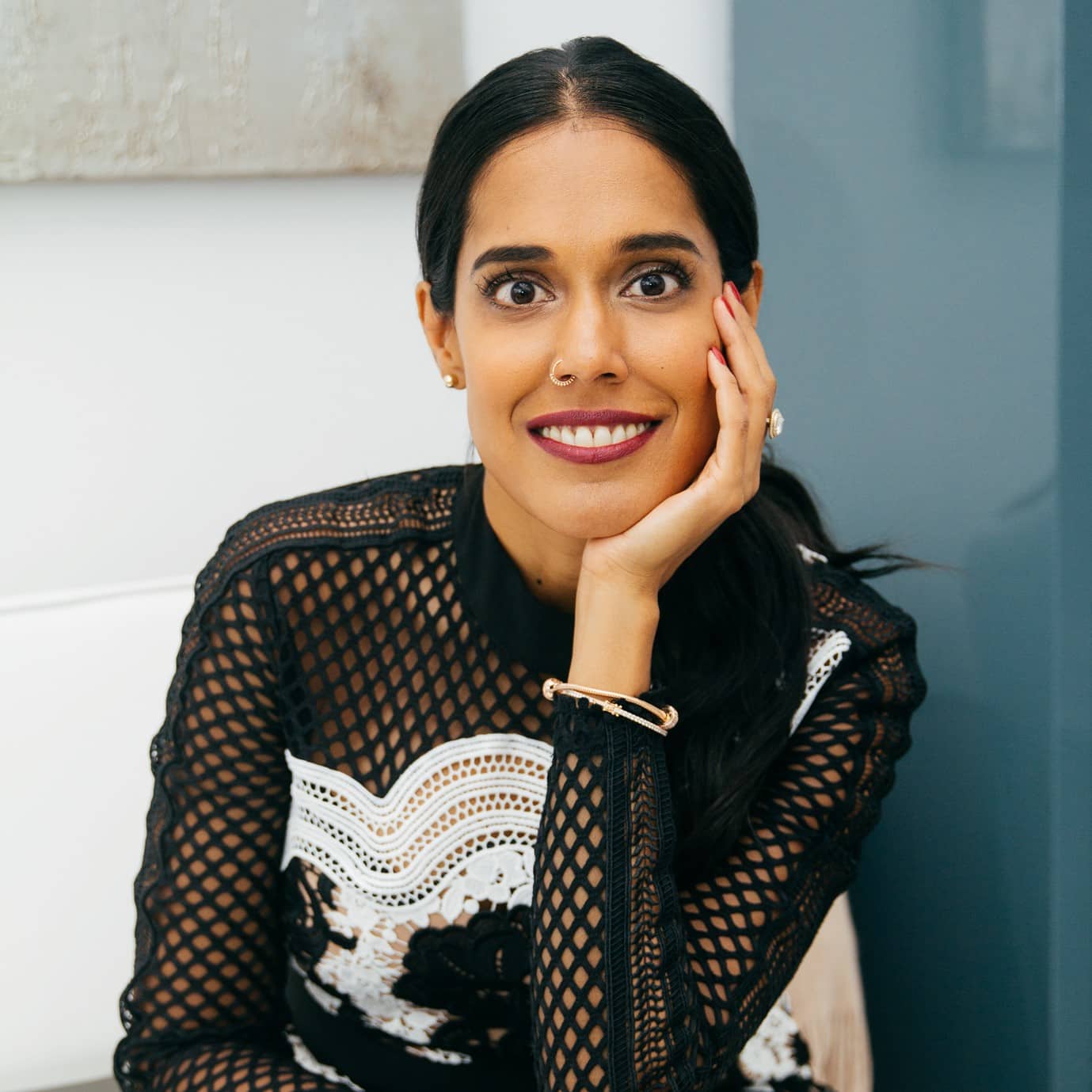
I'm Ritu.
I’m an award-winning life coach, empowerment speaker, author, and inclusion expert dedicated to helping you live your best life.
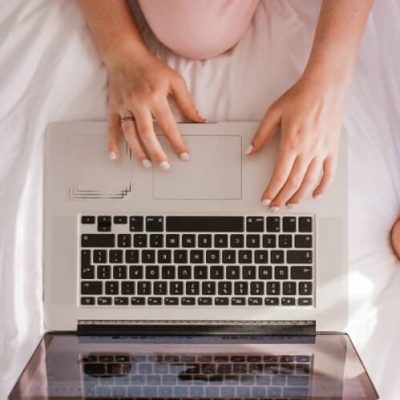
Join MY COMMUNITY
Sign up for my mailing list to get free inspiration and tools straight to your inbox!
Top Posts
Related Posts
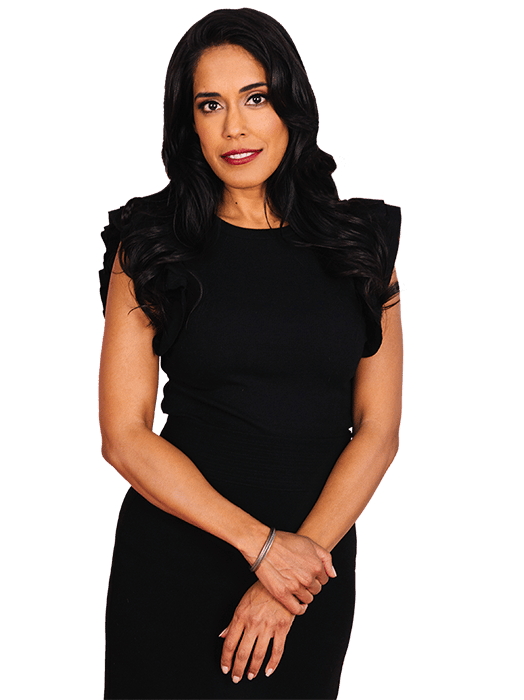
Dig deep into your journey to belong.
Be the first to learn about my authenticity and empowerment goodies and get them straight to your inbox.
